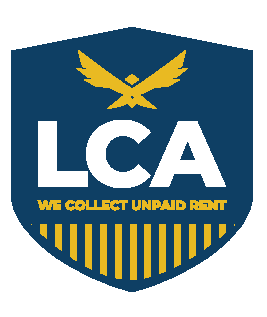As a landlord in Connecticut, you’re constantly on the lookout for sound investment opportunities. The 2% rule in real estate might have caught your eye, but is it a guaranteed path to success? This blog dives into the details of this popular guideline, exploring its strengths and limitations to help you make informed decisions for your CT rental properties.
The 2% rule in real estate investing is a rule of thumb that states the monthly gross rental income from an investment property should be at least 2% of the purchase price. In other words, if you buy a property for $200,000, the monthly rent should be at least $4,000 (2% x $200,000 = $4,000).
Here are some key points to remember about the 2% rule:
- It’s a simplified guideline, not a strict rule. It doesn’t account for other crucial factors like expenses, vacancies, and potential appreciation.
- It’s more conservative than the 1% rule. While the 1% rule suggests rent covering only the mortgage payment, the 2% rule aims for additional income to account for maintenance, taxes, and potential profit.
- Its applicability varies depending on location and market conditions. In competitive markets with high property values, achieving 2% rent might be difficult. Conversely, in areas with lower purchase prices and higher potential rents, the rule might be more attainable.
Here are some situations where the 2% rule might be less relevant:
- Fixer-upper properties: If you plan to renovate a property, initial rent might be lower to attract tenants while the work is done. This allows you to keep the property occupied and generate some income while the value increases through renovations. Once the renovations are complete, you can raise the rent to a level that adheres closer to the 2% rule.
- Short-term rentals: Rental income on platforms like Airbnb could be higher than traditional leases, potentially exceeding the 2% threshold. The flexibility of short-term rentals allows you to adjust pricing based on seasonality and demand, potentially bringing in significantly more income than a standard 12-month lease.
- Luxury properties: These often command higher rents than standard properties, potentially exceeding the 2% mark. While the purchase price might be high, the rental income for luxury apartments or homes can also be significantly higher, making the 2% rule less applicable. In these cases, focusing on achieving a strong return on investment that covers expenses and generates profit is more important.
Does the 2% rule vary by state?
The 2% rule itself doesn’t technically vary by state, but its applicability does. Here’s why:
- Market Conditions: The 2% rule is a guideline based on averages. In a state with generally high property values, achieving 2% rent might be difficult because the purchase price is already inflated. Conversely, states with lower purchase prices and higher potential rents might make the 2% rule more achievable.
- Local Taxes and Expenses: Property taxes, insurance costs, and maintenance expenses can vary by location. A state with high property taxes might make the 2% rule less realistic because a larger portion of the rent goes towards covering those expenses.
So, while the 2% rule itself remains the same, the ease of achieving it and its effectiveness as a predictor of success will depend on the specific real estate market within a state.
Ultimately, the decision of whether or not to follow the 2% rule depends on your individual investment goals and risk tolerance. It’s crucial to thoroughly analyze each property, considering not just the rent but also the overall potential return on investment. Remember, consulting with financial professionals and conducting thorough due diligence are essential steps before making any investment decisions.
While the 2% rule offers a starting point, remember, real estate success hinges on a comprehensive understanding of the market and your individual goals. The Connecticut Property Owners Alliance (CTPOA) can be your partner in this journey. As a CTPOA member, you’ll gain access to valuable educational resources and expert insights each month, empowering you to make strategic investment decisions and navigate the ever-changing Connecticut real estate landscape. Join CTPOA today and unlock a world of knowledge to propel your rental properties towards long-term success.








